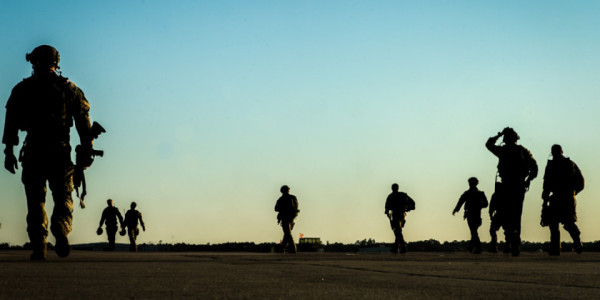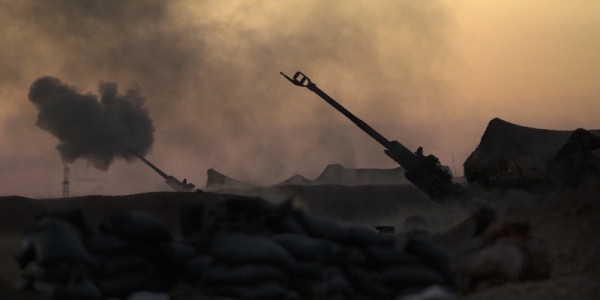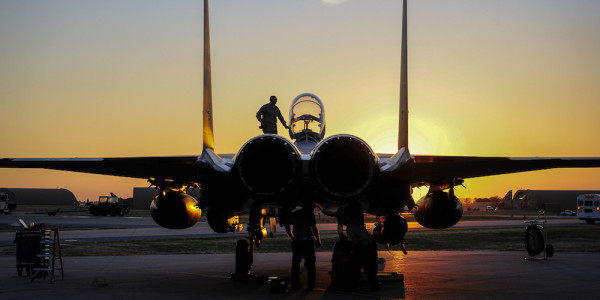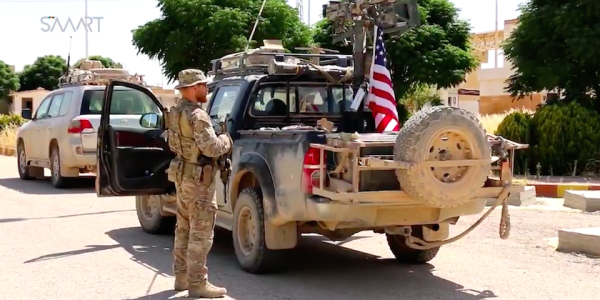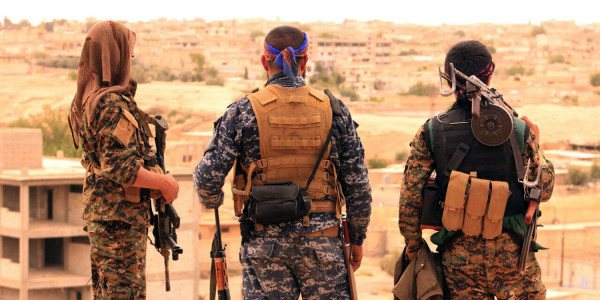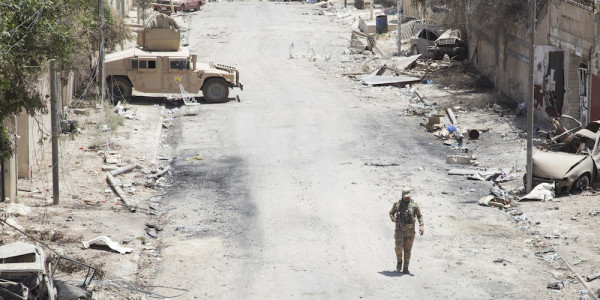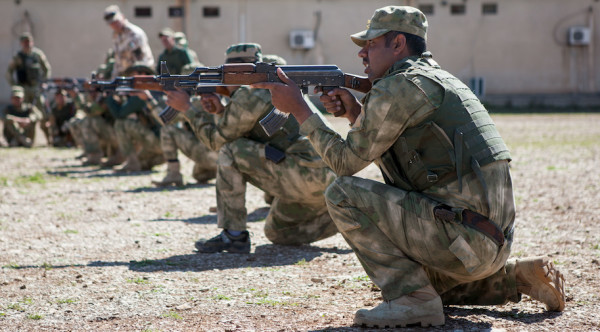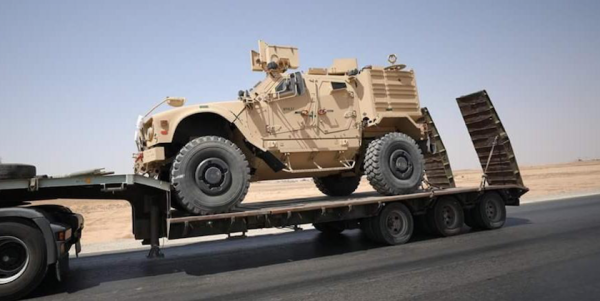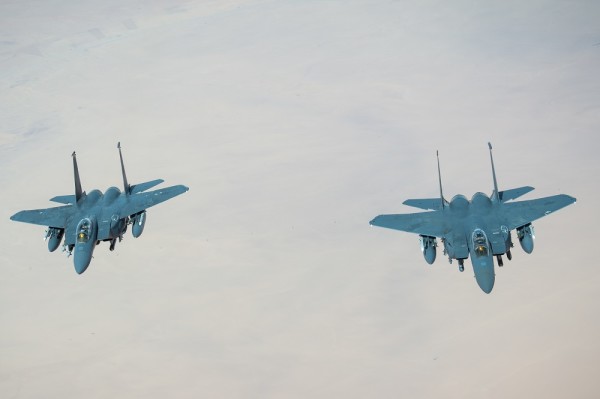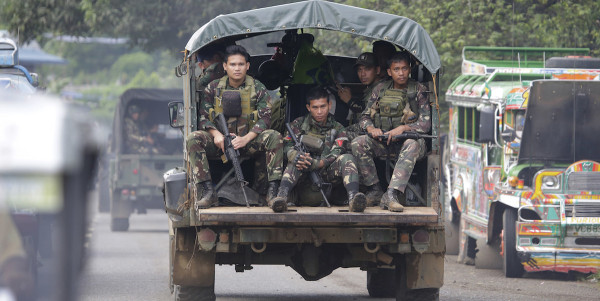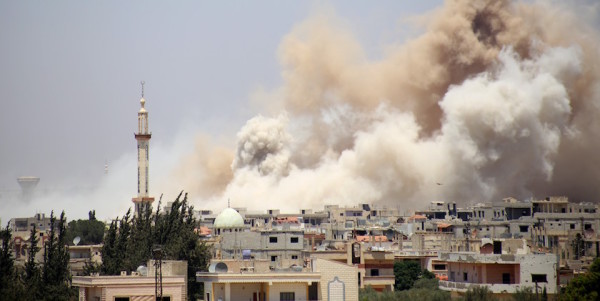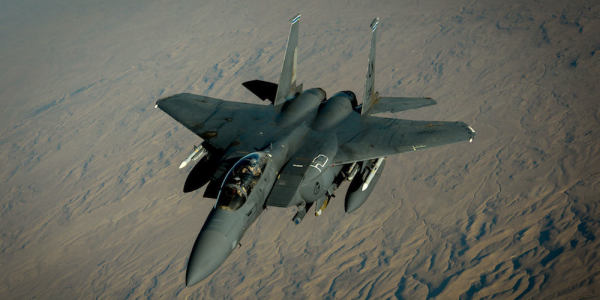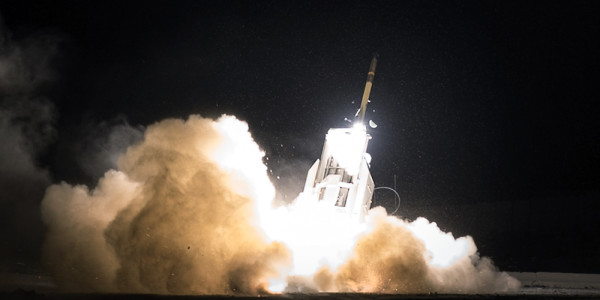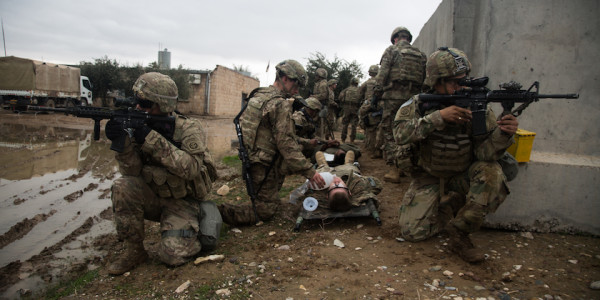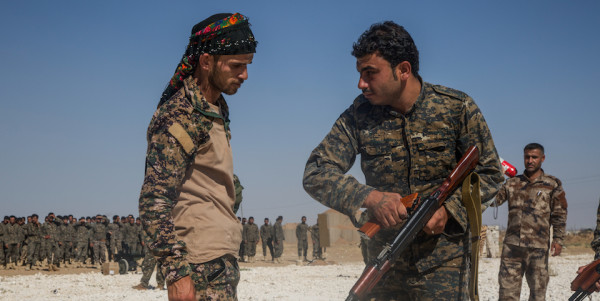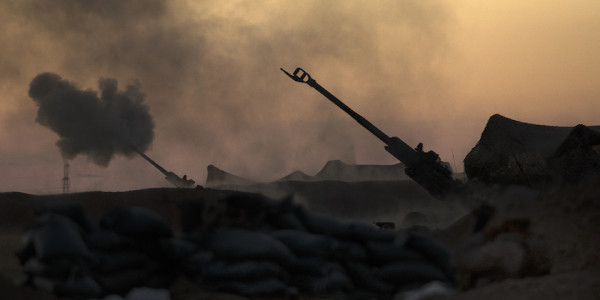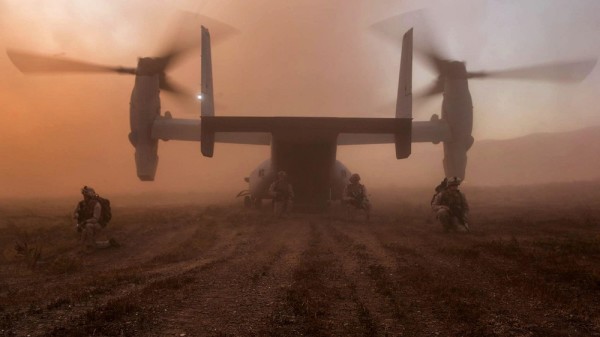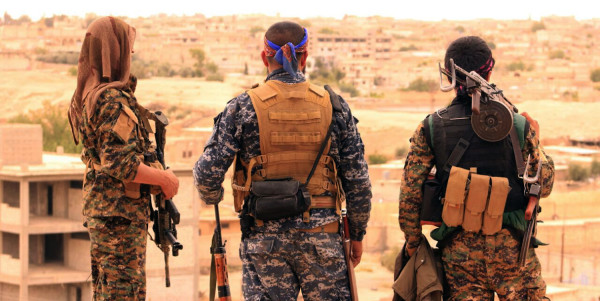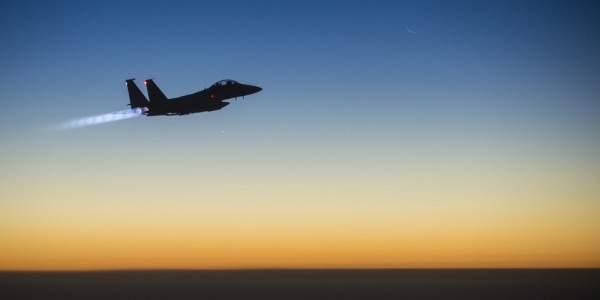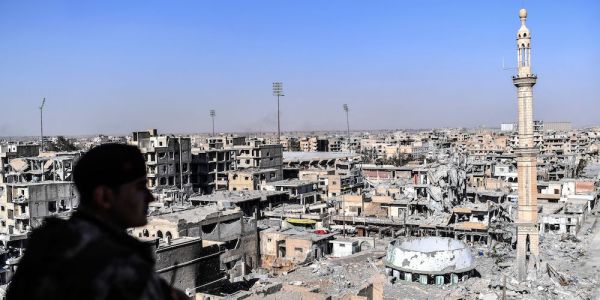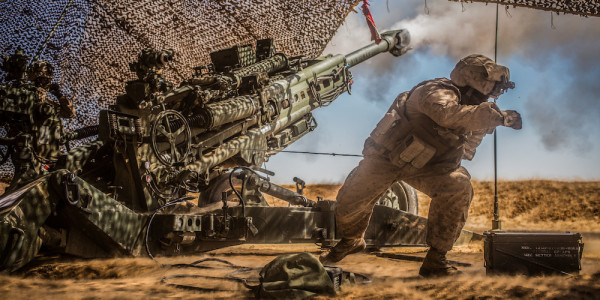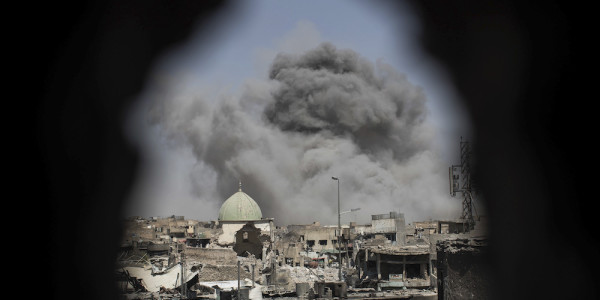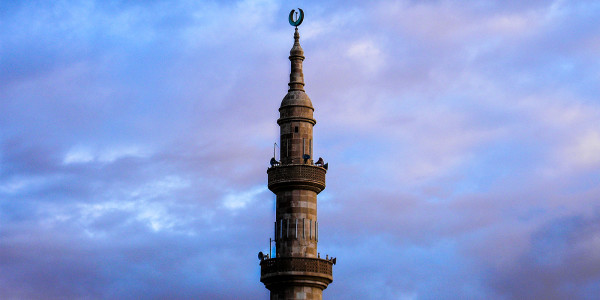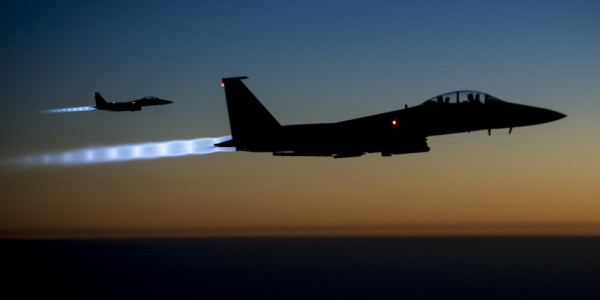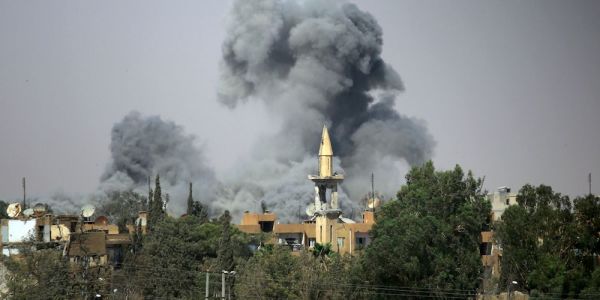When the U.S.-backed coalition marked the anniversary of D-Day by launching its much-anticipated siege against ISIS militants in Raqqa, the Syrian Democratic Forces and Kurdish militias who encircled the city for a three-pronged assault didn’t do so alone: U.S. special operators are fighting side-by-side with regional allies as they brace for a punishing, block-by-block expulsion of jihadists from their de facto capital.
“Coalition SOF are in Raqqa, and they are close to the front lines,” Operation Inherent Resolve spokesman Col. Ryan Dillon confirmed to Military Times on June 9.
The United States has contributed significant firepower to the long slog to Raqqa as part of its “advise and assist” mission, slowly deploying Marines with M777 howitzers to pop-up firebases on the outskirts of the city, delivering small arms and anti-tank weapons to SDF and Kurdish fighters, and calling in AH-64 Apache helicopters and air strikes to cover the insertion of U.S. military advisers among advancing regional allies
But now, boots are officially on the ground. And the arrival of special operations forces — the Obama and Trump administrations’ weapons of choice, already stretched thin by multiple deployments — signals that the coalition is girding itself for a long urban firefight, similar to what Iraqi security forces faced during the long siege of Mosul.
“We expect this to be a fight very similar,” Dillon told Military Times, emphasizing that U.S. forces are not “kicking down doors” but advising Syrian forces on said door-kicking. “Not quite as built-up and as a dense urban terrain as we’ve seen in Mosul, but nonetheless ISIS has had almost three years to prepare for this fight, and we expect it to be very difficult.”
Coalition troops may have to get their boots dirty in Raqqa sooner rather than later. SDF and Kurdish fighters are facing down more than 2,500 ISIS militants infesting the narrow rooftops and alleys of the city with deadly DIY rounds. On June 6th, Pentagon spokesman Capt. Jeff Davis affirmed that “hundreds” of U.S. troops are wrapped up in the operation to free the city
In March, the Pentagon was considering sending 1,000 more U.S. troops to help bolster the fight against ISIS, ordering the 75th Ranger Regiment to the city of Manbij west of Raqqa as a warning to Russian, Turkish, and Syrian fighters operating in the region. Weeks later, the DoD deployed 2,500 troops to Kuwait to stand ready to turn up the heat on the jihadists.
If the battle for Raqqa lasts longer than expected, it won’t be too long until conventional forces may be forced to dive into the fray.

